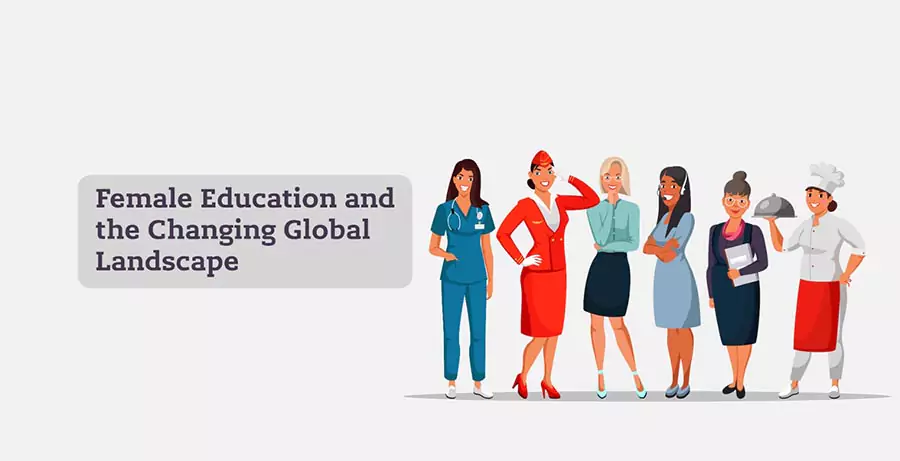Changing Educational Dynamics: Girls Leading the Way
The recent academic success of girls at the prestigious Doon School highlights shifting gender dynamics in education, reflecting broader societal changes toward women's empowerment, diligence, and academic excellence.
Key Points:
Girls Outperforming Boys:
- Girls, even when temporarily part of Doon School (through exchange programs or competitions), are outperforming boys academically, especially in Classes X and XII.
Doon School:
The Doon School is one of India's most prestigious and famous boarding schools, located in Dehradun, Uttarakhand.
Here’s a quick breakdown:
- Founded: 1935, by Satish Ranjan Das, a lawyer and educationist.
- Type: All-boys residential (boarding) school (Classes 7 to 12).
- Curriculum: Follows Indian School Certificate (ISC) and International Baccalaureate (IB) curricula.
- Known For:
- High academic standards.
- Focus on leadership, extracurriculars, and holistic development.
- Producing many notable alumni including politicians, diplomats, writers, and business leaders (like Rajiv Gandhi, Vikram Seth, Ramachandra Guha).
- Model: Inspired by British public schools (like Eton College).
Gender Dynamics in Education
- Girls tend to be more focused, diligent, and attentive compared to boys.
- Boys, culturally, are conditioned to participate more in informal leadership and public speaking activities, sometimes without adequate preparation.
- Boys often lack depth in academic performance compared to girls.
Broader Societal Reflection
- Girls are excelling in structured academic environments.
- However, women remain underrepresented in STEM fields (Science, Technology,
Engineering, Mathematics), mainly due to societal stereotypes and lack of systemic
support.

Co-educational Advantages
- Research suggests that in co-educational settings, boys perform better when girls
are present, benefiting from girls' seriousness and discipline.
Structural Barriers
- Despite academic excellence, women face barriers in career advancement, especially in research, technology, and senior leadership positions.
- Societal stereotypes and gender biases continue to hinder women’s
participation in STEM and leadership roles.
Policy Relevance
- Highlights the need for gender-sensitive policies in education and employment.
- Supports arguments for promoting girl’s education (aligned with SDG 4 - Quality Education and SDG 5 - Gender Equality).
- Indicates the importance of reforms to bridge gender gaps in workforce participation.













